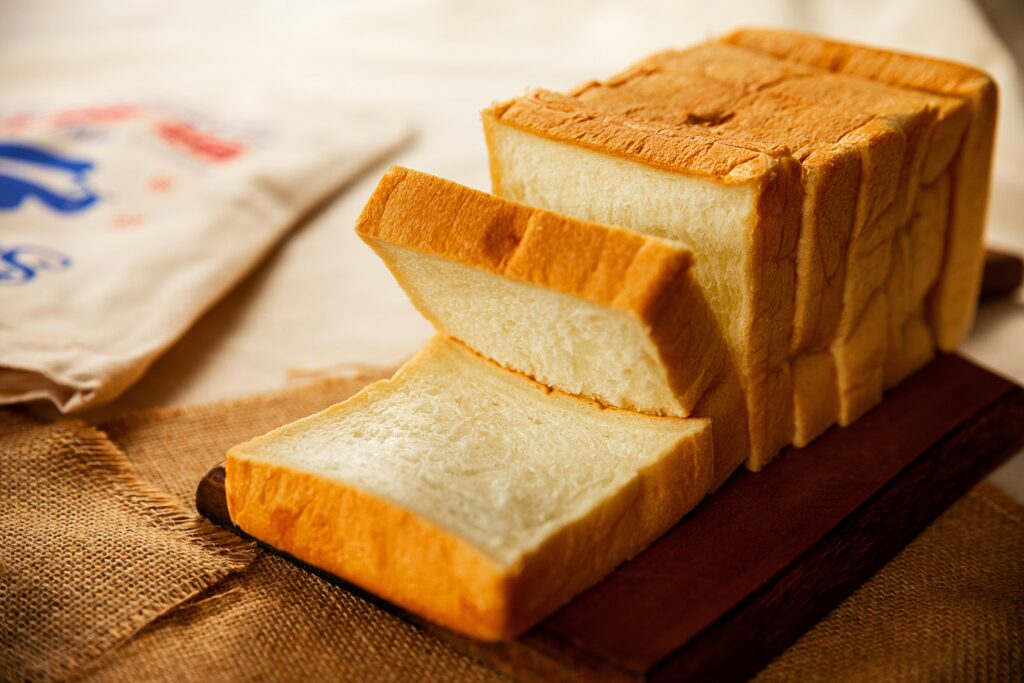The bread-making industry in Nigeria is grappling with significant challenges as input costs skyrocket, leading to a sharp increase in bread prices. Mr. Francis Afisoye, Manager of Lofty Bread, emphasized the business’s lack of profitability, attributing it to the high input costs fueled by the country’s foreign exchange crunch.
Key inputs such as wheat flour, sugar, and packaging materials have witnessed staggering price hikes, more than doubling in the past year. For instance, the cost of wheat flour has surged by nearly 100%, with a bag now priced at around N62,000 compared to N32,000 in May 2023. Similarly, the price of sugar has soared by 167%, reaching approximately N88,000 for a 50kg bag.
Less noticeable materials like label sachets have also seen substantial cost increases, adding to the financial strain on bakers. Despite these challenges, bread prices have not risen in proportion to input costs, leading to squeezed profit margins for bakery owners.
Mr Raji Omotunde, Vice President of the Association of Master Bakers and Caterers in Lagos attributed the cost hikes primarily to the depreciation of the naira, which impacts the prices of imported baking ingredients. He criticized flour millers for taking advantage of the naira’s depreciation to raise prices continually.
Bakers are facing further constraints in raising prices, fearing a decline in demand if bread becomes unaffordable compared to alternative staples. Consequently, many bakeries are experiencing shrinking profit margins, with some forced to shut down due to unprofitability.
Mr. Banjo’s decision to close his bakery and shift focus to his water business reflects a broader trend within the industry. Around 35% to 40% of bakeries affiliated with the association have closed in the past year, highlighting the severity of the situation.
Unless measures are taken to address the underlying challenges, such as stabilizing the exchange rate and reducing input costs, Nigeria’s bread-making industry’s viability remains uncertain, with more closures likely if current conditions persist.


